Earth
Sign up for our newsletter
We summarize the week's scientific breakthroughs every Thursday.
-
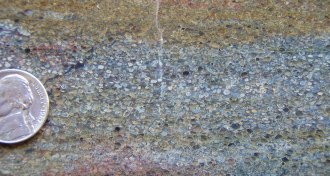 Earth
EarthAsteroids boiled young Earth’s oceans, remnant rocks suggest
Giant asteroid impacts may have boiled Earth’s oceans around 3.3 billion years ago, snuffing out near-surface life.
-
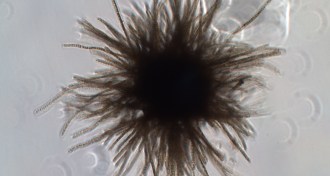 Oceans
OceansMysterious form of phosphorus explained
Mysterious form of phosphorus may be used as shadow currency by marine microbes, potentially upending scientists’ understanding of nutrient exchanges.
By Beth Mole -
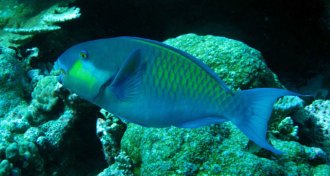 Animals
AnimalsAn island in the Maldives is made of parrotfish poop
Coral-eating parrotfish create much of the sediment that a reef island is made of, a new study finds.
-
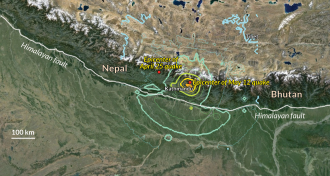 Earth
EarthAnother strong quake strikes Nepal
A magnitude 7.3 earthquake hit eastern Nepal on May 12, just 17 days after one that killed more than 8,000 people in the region.
-
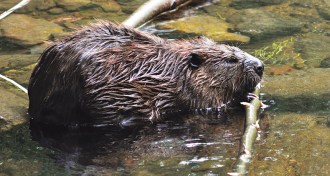 Climate
ClimateFlood planners should not forget beavers
Beaver dams can reduce flooding downstream, new research shows.
-
 Microbes
MicrobesPig farm workers at greater risk for drug-resistant staph
Pig farm workers are six times as likely to carry multidrug-resistant staph than workers who have no contact with pigs.
By Beth Mole -
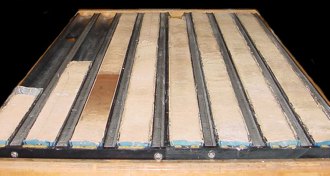 Climate
ClimateRate of atmospheric carbon dioxide rise unprecedented
The current rate of carbon dioxide entering the atmosphere is unprecedented over at least the last 66 million years, new research shows.
-
 Astronomy
AstronomyWandering planets, the smell of rain and more reader feedback
Readers consider how hard it would be to fashion Paleolithic tools, discuss what to call free-floating worlds and more.
-
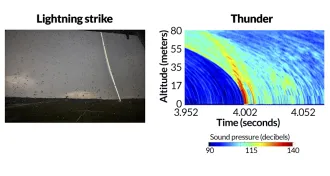 Physics
PhysicsScientists take first picture of thunder
Scientists precisely capture thunder sound waves radiating from artificially triggered lightning.
-
 Animals
AnimalsLazy sunfish are actually active predators
Ocean sunfish were once thought to be drifting eaters of jellyfish. But they’re not, new research shows.
-
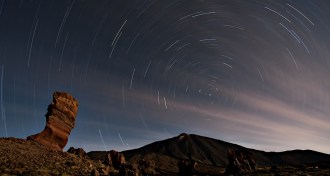 Physics
PhysicsExplanation for G’s imprecision stumbles
A surprising new result seems to suggest that subtle changes in Earth’s rotation rate could account for physicists’ difficulty in measuring Newton’s gravitational constant. But some confusion with dates appears to derail the finding.
By Andrew Grant -
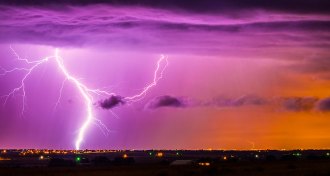 Earth
EarthCosmic rays illuminate lightning
Radio waves emitted by particles zipping through thunderstorms allow physicists to probe thunderclouds and, perhaps eventually, learn what triggers lightning strikes.
By Andrew Grant